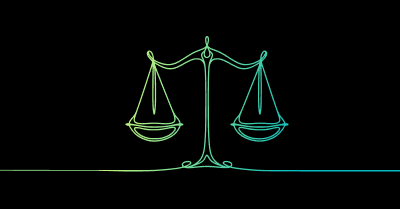Elaine is a Marketing Associate at ReSource Pro Compliance
Other than the agents who sell them their policy, the insurance professionals who have the most contact with policy holders are adjusters. They play a key role in shaping the public’s perception of our industry. If you don’t work in claims, however, you may not realize that there is more than one kind of insurance adjuster.
The Company Adjuster
Some insurance companies employ their own teams of adjusters. These company adjusters investigate insurance claims to determine the extent of their company’s liability. This typically involves interviewing the people directly involved in the claim and any witnesses or experts. They may also consult police and hospital records, inspect property damage, etc. As you might expect, a company adjuster represents interests of the company that employs them in the claim resolution process.
The Independent Adjuster
Like company adjusters, independent adjusters represent the interests of the insurance company. What makes them “independent” is the fact that they aren’t employees of a particular insurance company or third-party administrator (TPA). Instead, carriers and TPAs contract with them to adjust specific claims. An independent adjuster can work for multiple insurance companies.
Success as an independent adjuster requires building a good reputation with insurers. Depending on the type of claims they adjust, independents—especially those just starting their careers—may find the seasonal nature of their work challenging. It can be either feast or famine!
The Public Adjuster
Unlike company and independent adjusters, public adjusters represent the interests of the policyholder rather than the insurance company. They serve as guides and interpreters for clients who may have little experience with insurance. (We all remember how confusing the terminology could be when we first joined the industry!) They help the insured document their claims, navigate the claims process, and ensure the maximum financial settlement.
Public adjusters are sometimes depicted as having an adversarial relationship with insurance companies. In fact, the different types of adjusters work together to ensure fair compensation for policyholders. This creates a financially secure insurance environment that benefits everyone holding policies.
Adjuster Licensing and Compliance
The fact that adjuster licensing isn’t quite as uniform as producer licensing for the major lines of authority often proves challenging to newcomers. State insurance departments often use different names for their adjuster license types, and licensing prerequisites and continuing education requirements vary.
Additionally, not all states issue adjuster licenses. If their resident state doesn’t offer adjuster licensing, aspiring adjusters may need a Designated Home State (DHS) license. The most popular states for DHS licenses are Texas, Florida, and Indiana. These states offer the best reciprocity [EN1] with other states.
Even if their resident state doesn’t require licensing, an adjuster may need a DHS license to qualify for non-resident licensing. Additionally, some insurance companies and TPAs prefer licensed adjusters. The licensing costs and compliance needs to maintain multiple licenses can be challenging, especially for independent adjusters, who often have to manage these needs themselves.
For adjusters who don’t want to maintain multiple non-resident licenses, emergency adjuster licensing may be an option. State insurance departments sometimes waive certain licensing requirements for adjusters in the wake of natural disasters or other widespread loss events. They do this when they believe that their state’s roster of licensed adjusters is insufficient. These licenses are generally of very limited duration.
Find out how ReSource Pro helps insurance agencies and producers meet their licensing and compliance needs by visiting our compliance page.



